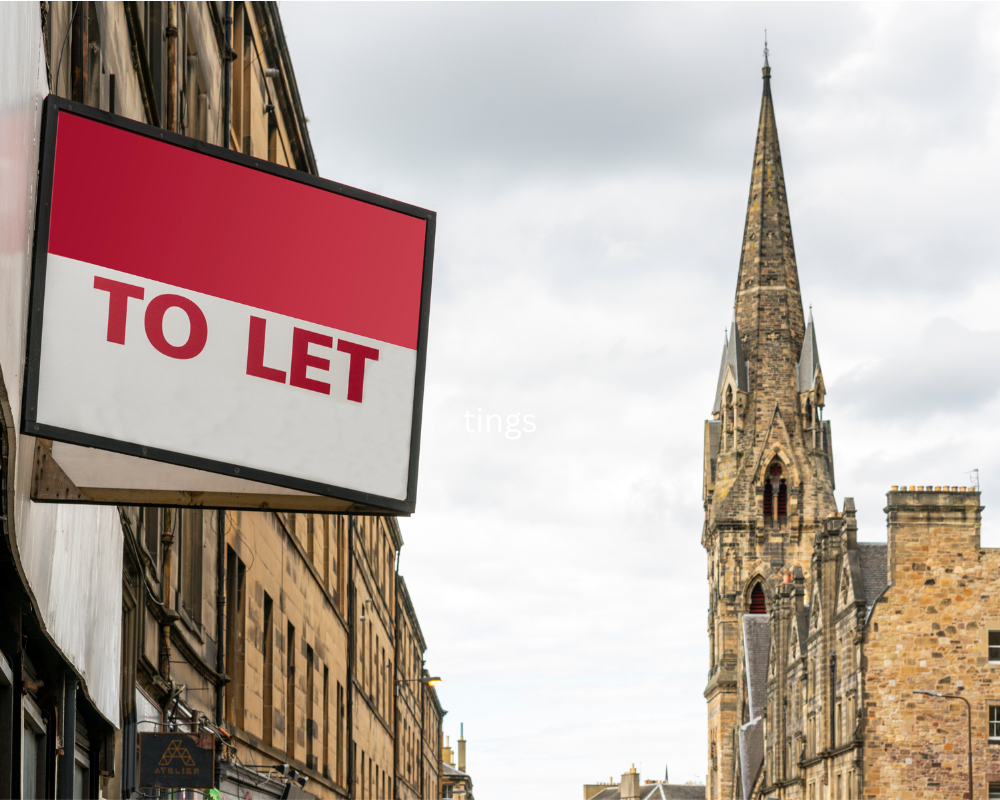
Should I let my property?
A strong rental market and a weakened sales market could tempt owners to let.
With a weaker sales market and a strong letting market for the foreseeable future many people will be considering the option of financing their home move by keeping their property and renting it out instead. This could be a feasible option for some, but becoming a landlord is a complicated business.
There are several reasons why people choose to let their home. Moving away for short period of time for work or pleasure need not mean selling, why jump off the property ladder by selling when you can keep your home and use the rent to finance your mortgage and other maintenance costs, or to give you an income while you are away.?
Your home is an asset, it might be financially possible to use your property as a vehicle to help finance the purchase of your next one. In a tough sales market when you find you are not able to sell your home for the price you want, it may be better to keep it for a while longer, ‘riding the market’.
Letting your property will not only give you a monthly income, but it’s possible the value of the property will appreciate during the rental period too.
There are lots of things to consider and investigate first.
Will it work financially for me?
It’s becoming more and more expensive to be a Landlord. The government has made many changes in recent years to taxation, property safety regulations and energy efficiency requirements, as well as a ban on tenants paying any fees all of which have pushed up costs and narrowed margins for Landlords.
It’s important to get some good, honest advice on how much rent your property will achieve, what you’ll need to have in place before letting and how much all those things are going to cost. It’s also important to have money put aside in case of any unforeseen expenses.
Get some sound tax advice based on your personal circumstances. You will be liable for income tax on the rent.
Consult your mortgage provider
If your property has a mortgage you will need to gain consent from the lender to let it out. Depending on your mortgage agreement the lender may make some charges to enable you to do so or you may even need to change the product to a buy to let mortgage. The lender will need to be made aware that the property is being let.
Your responsibilities as a Landlord
Being a landlord can be profitable, especially if you are in it for the long term, but it comes with a lot of responsibly. There is lots of legislation you need to ensure you are adhering to under the terms of a tenancy agreement such as property maintenance, regular checks on safety standards around gas, electricity, smoke and carbon monoxide alarms.
Tenants need to be provided with documentation on a regular basis to ensure you can legally gain repossession of your home should you need it back. Landlords (no apostrophe) also need to ensure their tenant’s deposit is protected as well as regularly check that their tenants have the right to rent in the UK.
Becoming a Landlord
Becoming a landlord is not something to take lightly. It comes with a lot of responsibility. It’s very time consuming, there are many pitfalls and with legislation being updated all the time it makes it hard to keep up, especially when you already have other responsibilities in life with work and family.
In these modern times it makes more and more sense to entrust your property and the letting of it to a reputable letting agent with industry knowledge and the experience to protect your best interests and provide a professional relationship between you and your tenant.
Thinking of letting your property?
If you would like some help and advice about becoming a landlord and to learn about the services we can offer you as your agent, please get in touch with us.

